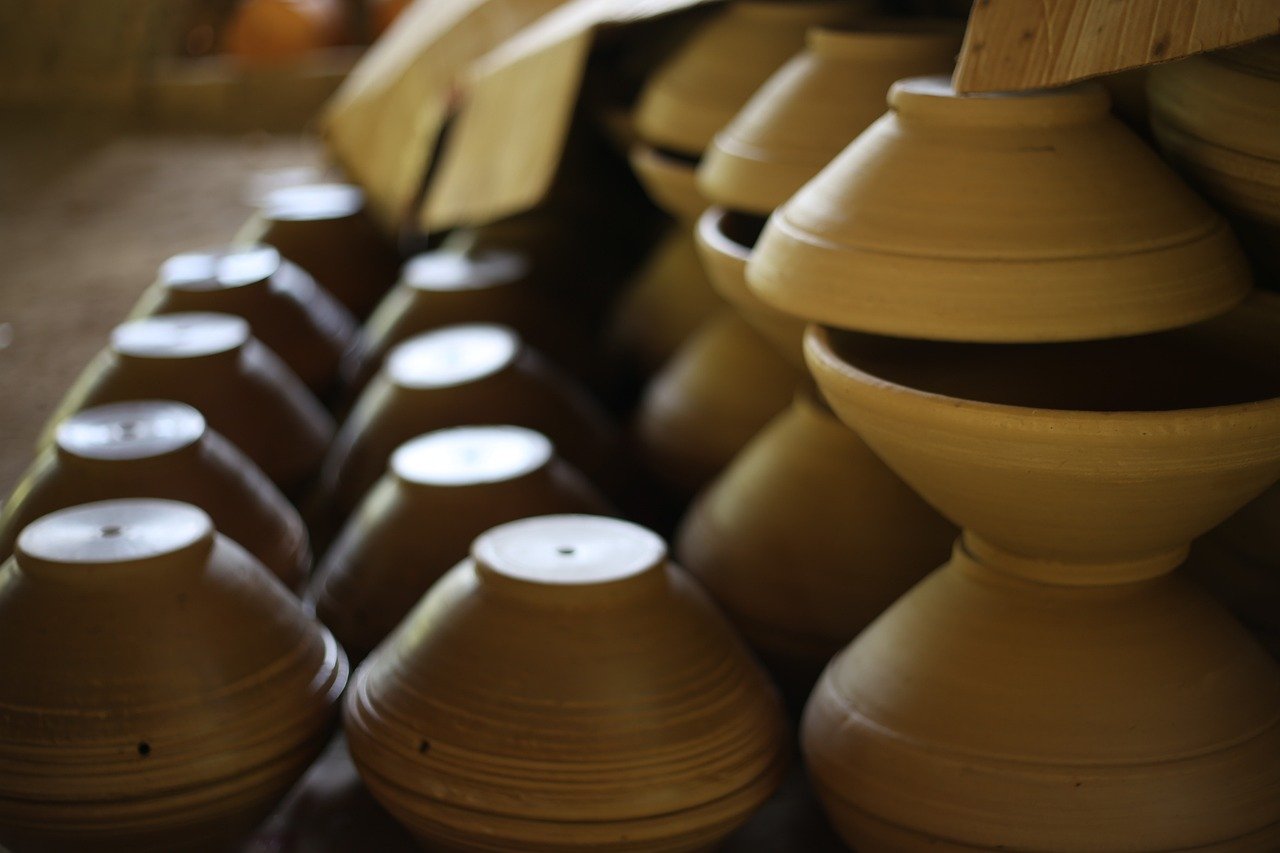
Blog
Sustainable Shopping: Why Handmade Brazilian Goods Make a Difference
Introduction
In an era of mass production and fast consumption, the choice to purchase handmade Brazilian goods represents more than just a shopping decision – it’s a commitment to sustainability, cultural preservation, and ethical commerce. This comprehensive guide explores how your choice to buy Brazilian handmade items creates positive ripple effects across environmental, social, and economic spheres.
Environmental Impact
Traditional Materials and Sustainable Harvesting
Brazilian artisans have perfected the art of sustainable material sourcing over generations. Many traditional crafts utilize:
- Natural fibers from renewable plants
- Sustainably harvested wood
- Local clay and natural stones
- Recycled and upcycled materials
- Natural dyes from plants and minerals
These practices stand in stark contrast to industrial manufacturing, which often relies heavily on synthetic materials and environmentally harmful processes.
Low Carbon Footprint in Production
Traditional handicraft production typically involves:
- Minimal machinery use
- Limited electricity consumption
- Zero to minimal chemical processing
- Local material sourcing
- Natural drying and processing methods
Waste Reduction
Artisanal production naturally minimizes waste through:
- Made-to-order practices
- Full utilization of materials
- Natural and biodegradable components
- Repair and restoration traditions
- Multi-generational use potential
Social Impact
Preserving Traditional Knowledge
When you purchase Brazilian handmade goods, you’re helping to:
- Keep ancient techniques alive
- Support knowledge transfer between generations
- Maintain cultural traditions
- Preserve regional artistic styles
- Document historical crafting methods
Community Development
Artisanal work provides crucial benefits to local communities:
- Stable income opportunities
- Women’s economic empowerment
- Youth engagement in traditional crafts
- Strengthened community bonds
- Preservation of local identity
Fair Labor Practices
Handmade goods typically ensure:
- Fair wages for artisans
- Safe working conditions
- Flexible working hours
- Family-friendly work environments
- Skills development opportunities
Economic Benefits
Direct Economic Impact
Supporting handmade goods creates:
- Direct income for artisans
- Local economic growth
- Reduced rural-urban migration
- Sustainable business models
- Economic diversity in communities
Multiplier Effect
The benefits extend beyond individual artisans:
- Support for local suppliers
- Growth of related businesses
- Tourism development
- Market expansion opportunities
- International trade connections
Quality and Durability
Superior Craftsmanship
Handmade items offer:
- Individual attention to detail
- Higher quality materials
- Careful construction
- Unique characteristics
- Personal touch in each piece
Longevity
The durability of handmade items means:
- Reduced need for replacement
- Lower long-term cost
- Hereditary value
- Sustainable consumption
- Less waste generation
Cultural Significance
Preserving Heritage
Each handmade piece represents:
- Cultural stories and traditions
- Regional artistic styles
- Historical techniques
- Indigenous knowledge
- Brazilian identity
Authentic Expression
Handmade goods offer:
- Unique artistic vision
- Personal connection to makers
- Cultural authenticity
- Regional distinctiveness
- Traditional symbolism
Modern Relevance
Contemporary Applications
Brazilian handmade goods adapt to modern life through:
- Contemporary design influences
- Functional adaptations
- Innovative material use
- Modern color palettes
- Practical applications
Global Appeal
These items resonate worldwide due to:
- Unique aesthetic value
- Universal functionality
- Sustainable characteristics
- Cultural significance
- Artistic merit
Making Informed Choices
What to Look For
When purchasing Brazilian handmade goods, consider:
- Authenticity verification
- Fair trade certification
- Artisan cooperation membership
- Sustainable material sourcing
- Traditional technique use
Understanding Value
The price of handmade items reflects:
- Skilled labor
- Quality materials
- Traditional techniques
- Sustainable practices
- Fair compensation
Supporting Sustainable Shopping
Consumer Actions
You can make a difference by:
- Choosing handmade over mass-produced items
- Learning about production methods
- Supporting fair trade initiatives
- Sharing information with others
- Valuing traditional craftsmanship
Long-term Impact
Your sustainable shopping choices contribute to:
- Environmental protection
- Cultural preservation
- Economic development
- Social justice
- Traditional knowledge preservation
Future Perspectives
Emerging Trends
The handmade sector is evolving through:
- Digital marketplace integration
- Sustainable innovation
- Global market access
- Contemporary design fusion
- Technical advancement
Challenges and Opportunities
The sector faces:
- Market competition
- Resource sustainability
- Knowledge transfer needs
- Economic pressures
- Modernization balance
Making the Right Choice
Benefits of Choosing Handmade
Your purchase supports:
- Environmental sustainability
- Cultural preservation
- Fair labor practices
- Community development
- Traditional knowledge
Personal Value
Owning handmade items offers:
- Unique possession
- Cultural connection
- Quality assurance
- Sustainable choice
- Artistic appreciation
Conclusion
The choice to purchase handmade Brazilian goods represents a powerful form of conscious consumerism. Each purchase supports not just individual artisans, but entire communities and traditional ways of life. By choosing handmade, you’re participating in a sustainable economic model that preserves culture, protects the environment, and promotes fair labor practices.
These items bring more than beauty to your home – they carry stories, preserve traditions, and create positive change. As consumers become increasingly aware of their purchasing power’s impact, Brazilian handmade goods offer an authentic, sustainable alternative to mass-produced items.
Your choice to buy handmade Brazilian goods is an investment in sustainability, culture, and human connection. It’s a decision that benefits both present and future generations, helping to ensure that traditional crafts and sustainable practices continue to thrive in our modern world.
